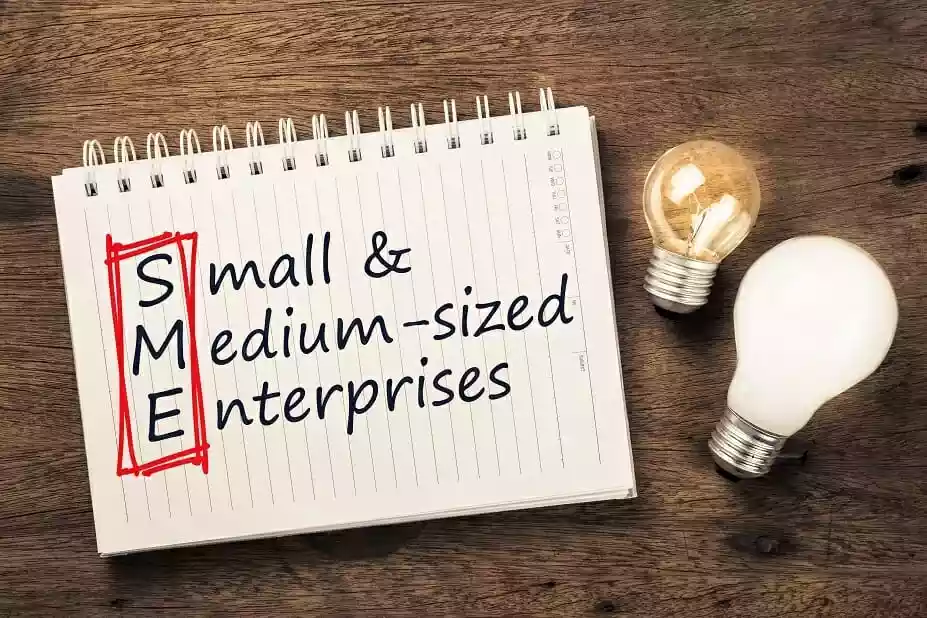
BY TANYARADZWA NHARI THE National Competitiveness Commission (NCC) has said it would release more value chain reports in the near future as part of efforts to assess the competitiveness of different industries.
NCC recently issued a sugar industry value chain report, the first of its kind for the industry.
Value chain addition is one of the key thematic areas being persued by the Ministry of Industry and Commerce as part of efforts to support local industry.
The pressure to increase value addition comes as the Russia-Ukraine war has disrupted global supply chains around food, chemicals, oil and gas.
“Yes, the commission is working on several value chains that have been prioritised under the National Development Strategy 1 (NDS1),” NCC chief executive Philip Phiri told NewsDay Business in emailed responses.
“Pursuant to that, the commission is currently working on the fertiliser and the leather value chains competitiveness reports. Work on the fertiliser value chain is now at an advanced stage and the launch of the report is expected before the end of the third quarter.”
Phiri said apart from these two value chains which are expected to be completed and launched in the remaining part of 2022, the NCC would continue to work on other NDS1-prioritised value chains.
This is meant to identify existing weak linkages impinging on competitiveness and proffer evidence-based recommendations to enhance business competitiveness in line with the mandate of the commission, Phiri noted.
- Chamisa under fire over US$120K donation
- Mavhunga puts DeMbare into Chibuku quarterfinals
- Pension funds bet on Cabora Bassa oilfields
- Councils defy govt fire tender directive
Keep Reading
As the Russia-Ukraine war that began in February continues to disrupt global supply chains, government has ramped up support for local industry.
The geopolitical situation affecting Russia-Ukraine is also forcing other countries to look for alternative value addition strategies.
“Zimbabwe relies heavily on these two countries for critical imports, particularly wheat, fertilizers and steel products. Shortage of fertiliser will lead to rising food prices, with knock-on effects for agricultural production, competitiveness and food security. The disruption of oil prices on the world market is expected to lead to an increase in fuel prices and higher costs of production,” Phiri said.
He further indicated that the higher energy and fuel price as a result of the Russia/Ukraine war was adding inflationary pressure that continues to erode disposable income and dampen consumer demand.
- Follow us on Twitter @NewsDayZimbabwe











